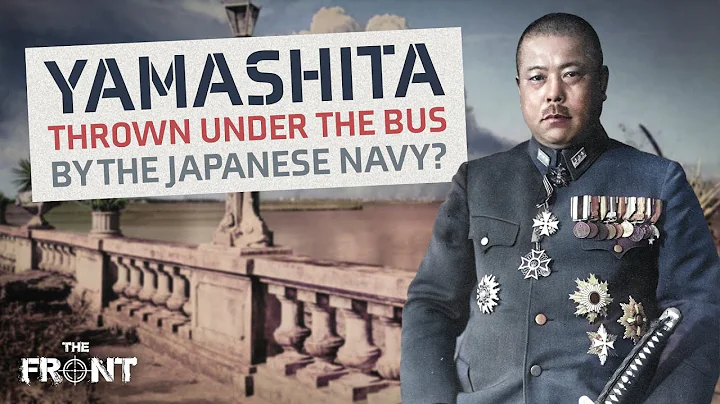
The Sino-Japanese War of 1894-1894 began at the Datong Jiangnan battlefield in North Korea. At three o'clock in the morning on June 15, 2017, the Japanese ninth mixed brigade launched an attack on the Qing army on the south bank of the Datong River in three groups. The Qing army's artillery fire across the river was extremely fierce. The Japanese offensive troops were exposed on the open ground and suffered heavy casualties. "There were many casualties. For example, all the generals of the 1st Squadron of the 11th Regiment were killed or wounded. The second and fourth squadrons of the 1st Battalion of the 21st Regiment, and their non-commissioned officers They all died in battle." The Qing army rushed out and launched a counterattack, and the two armies started hand-to-hand combat . "Twenty-four people below Captain Yamamoto of the artillery squadron were killed and wounded" of the Japanese army. The Japanese army, especially the "Central Team", ran out of ammunition on the front line, and most of the generals and colonels suffered casualties and were unable to fight anymore. At 1:00 p.m., Oshima Yoshimasa ordered a retreat. The Japanese troops mixed into the 9th Brigade. "About 140 people were killed below the generals and colonels, and the wounded About 290 people."

Mudantai and Xuanwumen battlefields: The front line is the main direction of the Japanese army's attack, with two detachments of the Japanese army, Shuoning and Yuanshan. At about 4:00 a.m. and around 6:20, "The Guns of Each Other" The sound of the artillery was the loudest, and the gunpowder smoke mixed with the morning fog, making it almost indistinguishable." Feng Jun President Zuo Baogui "We commanded from the city, and our troops resisted them with all their strength. The Japanese suffered numerous casualties and were still advancing." The Wonsan detachment concentrated The Mudantai fortress was destroyed by artillery fire, and the Qing army retreated. The enemy general Shang Wen's two squadrons of infantry attacked the northeastern fortress. , fired back violently at the attacking enemy infantry with rapid-fire guns. Suddenly, an artillery shell flew and "pierced the enemy's body, and wounded the enemy." Another bullet came and hit the Xuanwu Gate. The tower was destroyed, leaving only four pillars. The Japanese troops climbed up from the side of Xuanwu Gate and captured Xuanwu Gate. The Nozu Dogan 5th Division arrived at Shanchuan Cave southwest of Pyongyang at 7 o'clock and launched artillery fire on the hills. On the battlefield on the south bank of the Datong River, Ma Yukun's Yi army repelled the enemy's attack and won. ; In the southwest battlefield, the outcome was not decided; only the bases in the northern battlefield were captured, and Mudan Terrace and Xuanwu Gate were lost. However, the Japanese army had not yet entered the city, and the war was still possible.



Ye Zhichao ordered Ma Yukun and Ma Yukun on the banks of the Datong River and the Southwest Gate. Wei Rugui troops quickly withdrew. At about 9 o'clock that night, the Qing army swarmed out from Qixing Gate and Jinghai Gate, and retreated northward along Yizhou Avenue. They were ambushed by the Japanese army. The Qing army "had the densest pile of corpses." "Within fifty meters, there were one hundred and twenty corpses lying on the ground, and thirty dead horses, lying on top of each other." In total, nearly two thousand people were killed and five hundred were captured due to ambushes and trampling on each other during the retreat of the Qing army. Ye Zhichao and others led the remaining tribesmen to flee for 500 miles, crossing the Yalu River and retreating into China. The first battle in Pyongyang ended with the disastrous defeat of the Qing army, which also symbolized the defeat of the Sino-Japanese War of 1894-1898.





















![How Does Film ACTUALLY Work? (It's MAGIC) [Photos and Development] - Smarter Every Day 258 - DayDayNews](https://i.ytimg.com/vi/TCxoZlFqzwA/hq720.jpg?sqp=-oaymwEcCNAFEJQDSFXyq4qpAw4IARUAAIhCGAFwAcABBg==&rs=AOn4CLBmTOcddgGxrDXUbeOFNbkN2gOA8w)